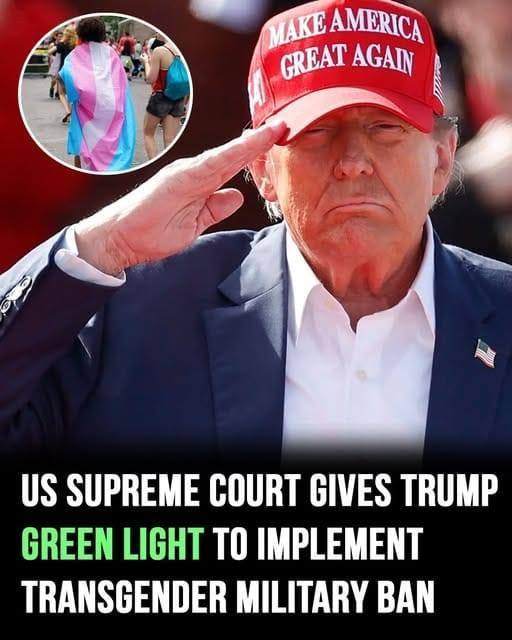Just a week after being sworn in as the 47th President of the United States, Donald Trump signed an executive order titled “Prioritizing Military Excellence and Readiness.” This controversial order barred transgender individuals from joining the military and required the discharge of those already serving.
Fast forward to March 2025, U.S. District Judge Ana Reyes temporarily blocked parts of the ban after two prominent LGBTQ legal groups challenged it, arguing it violated the Equal Protection Clause and further marginalized the transgender community.
However, on May 6, 2025, the U.S. Supreme Court ruled in favor of the Trump administration, allowing the ban to move forward even as legal battles continue. The administration defends the policy by claiming that gender identities not aligned with biological sex could undermine military discipline and readiness.
The decision has sparked strong backlash from civil rights groups. Organizations like Lambda Legal and the Human Rights Campaign have spoken out, calling the policy discriminatory and harmful—not only to transgender service members, but to the values of fairness and inclusion. They remain hopeful that the ruling will eventually be overturned.
While the debate continues in courtrooms and communities across the country, many see this decision as a step backward in the fight for LGBTQ rights—especially for those who have served or wish to serve their country with pride.
